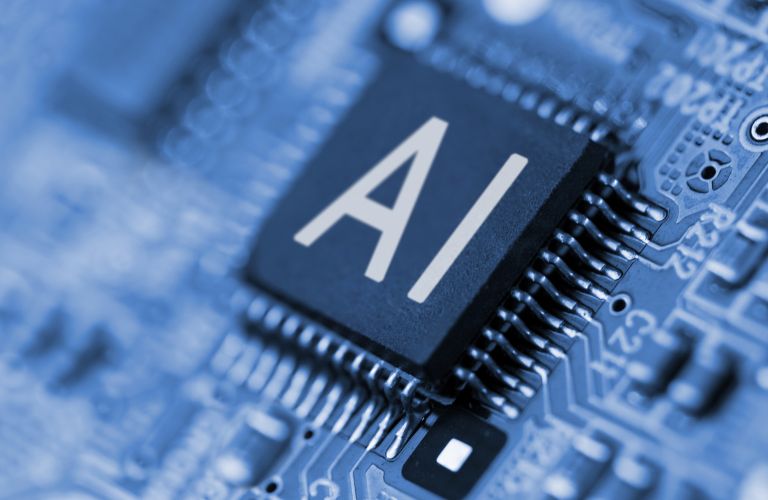Paperwork is one of the biggest challenges for human services professionals, caseworkers, and social workers — but technology can make day-to-day, repetitive tasks more efficient and less of a chore. The advancement of Artificial Intelligence (AI) has the potential to minimize manual data entry and enhance workflow automation. Human services programs interested in more efficient and more effective day-to-day operations many want to know — how does AI affect workflow automation? NCT Inc. may have the answers to your questions with this overview.
5 Ways AI Improves Workflow Automation in Human Services
Are you ready to supercharge your human services program? Workflow automation may be the solution.
Workflow automation is all about using technology to digitize and streamline tasks that take time and effort. In human services, this means less time spent on paperwork and more time dedicated to helping the people in the community. When you combine that with innovative document routing solutions, you’re not just automating day-to-day operations, you’re creating a smooth workflow where documents and cases get to the right person at the right time, making your entire program more efficient and effective.

1. Automated Tasks
AI is a wizard at handling repetitive administrative tasks, like data entry, documentation, and eligibility screenings for social services. This frees up valuable time for caseworkers and allows them to focus on providing personalized support and building stronger relationships with their clients. AI-powered chatbots can also provide 24/7 support by answering FAQs and scheduling appointments, which can reduce wait times for clients.
2. Data-Driven Decision Making
AI helps turn mountains of data into actionable insights. Fast, in-depth analysis of client data and program metrics by AI platforms can provide valuable insights that help you evaluate and improve social services programs. This allows human services programs to make smarter decisions and be more proactive based on data that leads to better outcomes for clients.
3. Reduced Errors and Improved Efficiency
Manual data entry and other day-to-day tasks take time and can lead to human error, which can cause major headaches down the line. AI-powered workflow automation ensures that tasks are executed consistently and accurately, reducing the risk of mistakes and making sure that the task is completed right the first time. AI can even auto-fill forms and documents to ensure that information is captured correctly the first time and will free caseworkers from administrative burdens.
4. Personalized Workflows
AI has the ability to analyze client data and preferences to create a more personalized experience. It has the potential to tailor communications, recommend appropriate programs, and ensure that services are a perfect fit for each individual. This level of personalization helps build trust with social workers and caseworkers, and ensures clients get the targeted support they need.
5. Scalability for Growing Operations
As a human services program grows, so does the workload. AI-powered workflow automation is easy to scale to your growing caseload and can adapt to increasing demands without issue. AI can handle an increased volume of cases and data while maintaining consistent performance, making it the perfect tool for programs that are expanding to serve more people.
READ MORE: How Does a Document Management System Improve Client Care?
How does AI affect workflow automation? Artificial Intelligence has the potential to completely transform it, making your day-to-day processes smarter, faster, and more focused on the people who matter most — your clients.
Contact NCT Inc. today for a demo of the NCT CaseWorks best-in-class enterprise content management system and find out how it can improve your workflow!





